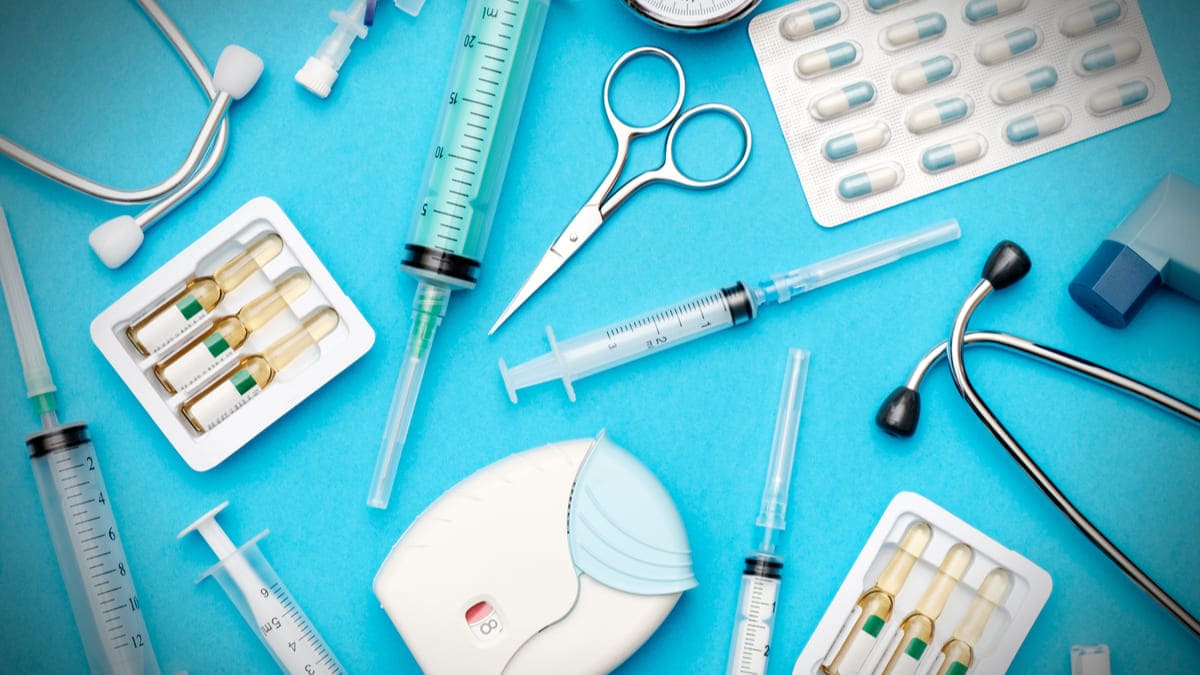The EU Health Commission will propose this Friday to extend the deadline for companies to comply with the regulation that evaluates and approves medical devices; For their part, doctors in the region have warned that these regulatory changes have caused shortages of life-saving equipment.
The Medical Devices Regulation (MDR) came into force last year and was born out of a scandal involving a French company that put defective products (breast implants) on the market for profit. Unlike the previous standards, the new standards are more stringent regarding safety standards.
You may also be interested in: Fragmentation of care increases the risk of dying from breast cancer by 33% in Colombia
Under the new law, all medical devices, from implants and prostheses to blood glucose meters and pacemakers sold in the EUthey must be recertified by May 2024. However, supplies of several products are running out before the deadline, according to testimonies from doctors and manufacturers known to Reuters.
The reason is simple: the certificates that lasted five years under the old system are expiring and companies are struggling to obtain new ones under the new law. For the actors who have to comply with the regulation, the changes have not given the expected results because the processes are slow, cumbersome and expensive.
“From the point of view of doctors, the situation is increasingly worrying. We are already seeing shortages of some essential healthcare products and in many cases there is a lack of alternative devices.”Christiaan Keijzer, president of the Standing Committee of European Doctors (CPME), told Reuters.
Don’t forget to read: The mask on public transport is still mandatory: Ministry of Health
This rule has produced a drop in the supply of devices and technologies
As Reuters indicates, medical associations across Europe have reported problems with the supply of surgical instruments, especially in paediatrics, orthopedics and cardiology, as well as other devices such as binocular endoscopes, silicone adhesives and blood collection items.
Other data that has been exposed to the region’s regulatory agents is as follows:
- Manufacturers have submitted applications for around 8,000 devices, but fewer than 2,000 have been approved. At this rate, only 7,000 certificates will be issued under the new system before the May 2024 deadline.
- According to the Commission, some 23,000 certificates of the old system will expire in May 2024 if it is not extended. About 4,300 will expire next year.
- The certificates cover multiple devices, so it’s difficult to calculate the total number of potentially affected products.
You may be interested in: The UPC of the tax would increase by 16.22% by 2023


/4541585-2022-12-09T165229Z_986688150_UP1EIC91AVFJ0_RTRMADP_3_SOCCER-WORLDCUP-ENG-FRA-PREVIEW.JPG)